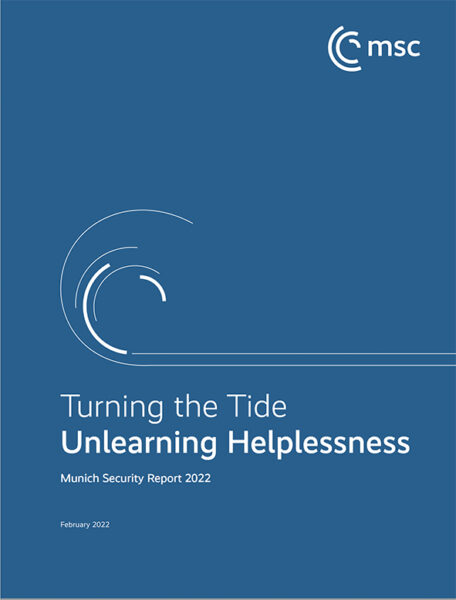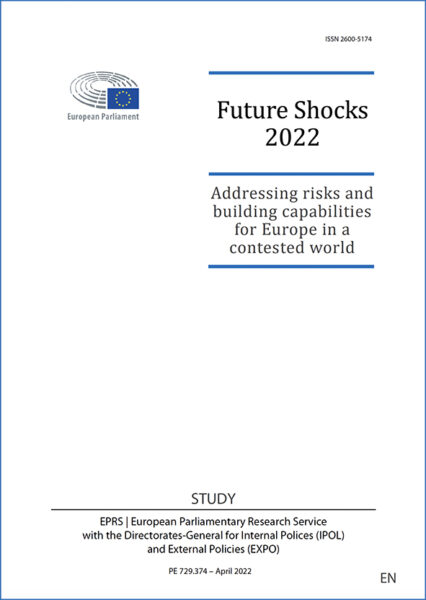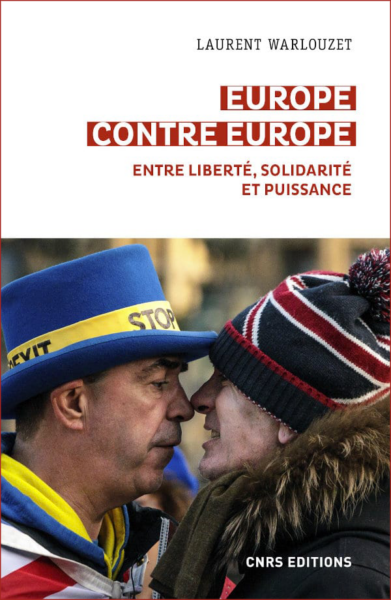With 28 member states, the European Union today has more than 500 million inhabitants. Though not a federal political entity interdependent in all respects, it is an advanced social and economic community that has become increasingly integrated over time, thanks to the efforts of the founder countries who have long been described as Europe’s “advance guard”. Though the European enthusiasm of those countries (beginning with France and Germany) is somewhat on the wane, they are nonetheless driving forces when compared, in particular, to a dozen or so European countries that are members of the Union or hesitating over membership, who were previously, for the most part, members of EFTA (the European Free Trade Area).
These latter (in particular, the Nordic countries, Switzerland, Iceland, Ireland and the UK) seem to be “laggards” with regard to integration, as Jean-François Drevet shows in this column. Driven by the advantages that the Union could bring them in certain fields, they are reluctant to accept the –particularly economic– quid pro quos that go with community solidarity, or to give up their international neutrality. Yet, in a world in economic crisis and prey to troubling political and security reconfigurations, including on European soil, the European Union represents a body that can provide direction and security and which should be able, given its size, to make the voice of its members heard at the world level. This is something that might bring about a shift in the position of these laggards, as this column points out.


